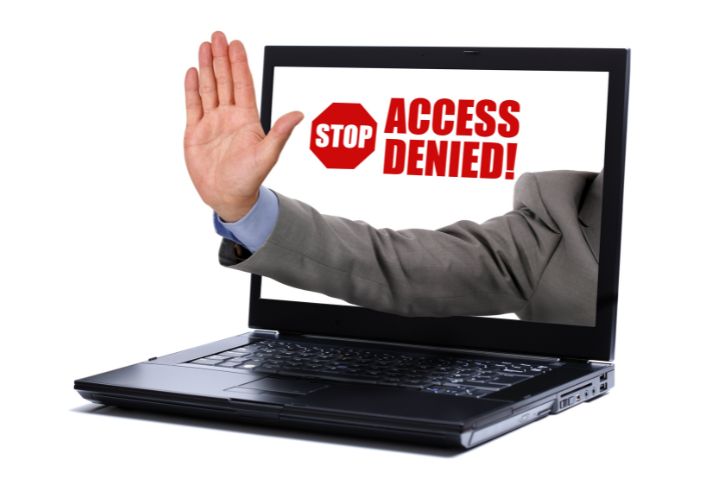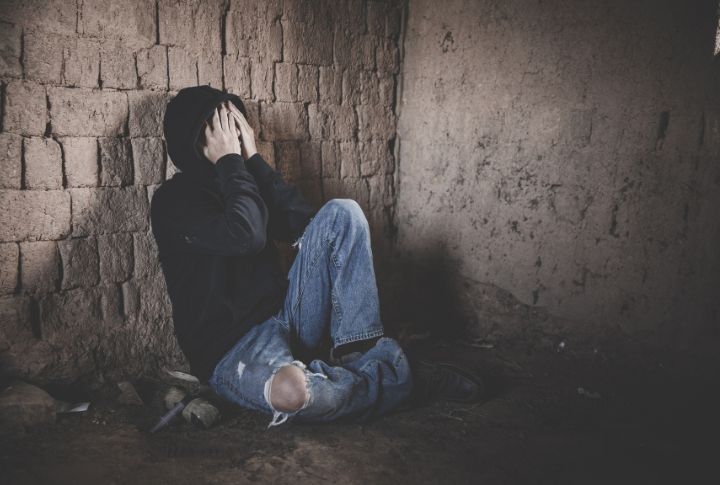
Poverty isn’t just about lacking the financial power to provide basic amenities; it is a mindset, a psychological feeling of inadequacy, and a state of mental suppression. The gulf between the rich and the poor sometimes paints a picture of a lack of money. No! There are several other aspects of lack that rich folks are oblivious about.
Low Credit Score

A low credit score may seem like a minor inconvenience to rich people. For the poor, it represents limited financial options, higher interest rates, and barriers to essential services. Getting loan approvals to improve their circumstances is almost impossible, and the higher interest rates make it even more difficult to get out of debt.
The Stress of Living from Paycheck to Paycheck

Paupers can not plan for the future or any sort of investments. For starters, it’s hard to plan for the coming days when the present is looking so bleak. The absence of the cushion that a hefty salary or take-home brings is equal to a missing shock absorber in a vehicle.
Lack of Opportunity

In a society that favors those at the top of the ladder, underprivileged people seldom get the help needed to come out of poverty. It is like the blades of a chainsaw, a never-ending cycle of forward and backward movement. Unfortunately, even the quality education meant to save them from the shackles is a luxury.
Constant Judgment and Stigma

No one wants to associate with a poor person. No matter the reason for their present condition, there is always a stereotype that they are lazy, irresponsible, and unlearned. This error in judgment can lead to a lifetime of low self-esteem, isolation, lack of social support, and, yes, discrimination.
Financial Illiteracy

When it comes to making or spending money, many gurus suggest that people must always have a budget. Sadly, those who are struggling don’t have the knowledge or skills to properly manage their funds. Besides, they believe that it’s useless to worry about financial education when they barely have enough to feed.
Environmental Degradation

Environmental issues such as pollution and deforestation, affect those who lack what they need to adapt or recover. The rich have the means to shield themselves from its immediate consequences. So they may struggle to grasp the harsh impact of the deteriorating environment on the pauper’s health, livelihoods, and housing quality.
All-Round Stress

Stress comes from the relentless pressure caused by insufficient resources and uncertainty. For poor people, the constant worry and anxiety that comes with not having enough money to meet basic needs is inevitable. All these issues, including the nerve-racking decisions about how to spend the little they have, are also contributing factors.
Poverty is Expensive

The cost of being poor is high, especially when you consider late fees, overdrafts, payments for things gotten on credit, and high-interest loans. Poverty also costs time, which is money, because they often have to work long shifts just to make some extra cash, which deprives them of other opportunities.
Generational Poverty

Exposure plays a significant role in the learning process. Growing up in lack can hinder children’s growth and academic achievements; it limits their vision, giving them a shallow scope of what success is. Kids from low-income households often face challenges in school, making it harder for them to escape the cycle of poverty as they grow into adulthood.
Vulnerability to Exploitation

This happens when individuals or groups are taken advantage of or abused by others for personal interest because they lack resources and power, making them easy targets. This cycle of disadvantage is hard for the rich to understand, as their wealth shields them from such vulnerabilities and the harsh realities faced by the poor every day.
Lack of Access to Quality Healthcare

Poor people struggle to afford necessary medical services, leading to untreated illnesses and preventable suffering. The rich may not comprehend the tension, fear, and limited options faced by the poor when seeking medical care or managing health conditions.
The Media is the Enemy of the Poor

Rich people can never grasp the media’s impact on the lives of the poor. The media often misrepresents their struggles as they emphasize stereotypes while generalizing situations. The media often portrays the poor as lazy, unintelligent, or even criminal-minded, causing discrimination and prejudice against those living in poverty.
Limited Social Capital

Social capital is an important factor in accumulating wealth because it provides access to aids, opportunities, information, and support. Therefore, paupers can’t secure better job opportunities, business deals, or other avenues to better their lives. These essential connections are scarce or fragmented among the poor.
Apathy Towards Civic Engagements

Living in poverty often leads to feelings of isolation, disconnect from the community, and lack of trust. This hinders participation in civic life, like voting or community meetings. Since they are more focused on survival, poor people lack the time, resources, or energy for such activities, prioritizing work instead.
Emotional Toll of Poverty

Rich people can’t grasp the depressing emotions that accompany lack. The constant burden, shame, and worry of survival make every day a struggle. Their lack affects mental health, self-esteem, and relationships. Then, the cycle of poverty traps individuals in a state of despair that wealthy folks cannot comprehend.
